Uncle Putin explains the world - DAVOS SPEECH TRANSSCRIPT 2009
by Vladimir Putin
January 29, 2009 - World Economic Forum
Prime Minister Vladimir Putin.s speech at the opening ceremony of the World Economic Forum Davos, Switzerland January 28, 2009
Good afternoon, colleagues, ladies and gentlemen,
I would like to thank the forum.s organizers for this opportunity to share my thoughts on global economic developments and to share our plans and proposals.
The world is now facing the first truly global economic crisis, which is continuing to develop at an unprecedented pace.
The current situation is often compared to the Great Depression of the late 1920s and the early 1930s. True, there are some similarities. However, there are also some basic differences. The crisis has affected everyone at this time of globalization. Regardless of their political or economic system, all nations have found themselves in the same boat.
There is a certain concept, called the perfect storm, which denotes a situation when Nature.s forces converge in one point of the ocean and increase their destructive potential many times over. It appears that the present-day crisis resembles such a perfect storm.
Responsible and knowledgeable people must prepare for it. Nevertheless, it always flares up unexpectedly.
The current situation is no exception either. Although the crisis was simply hanging in the air, the majority strove to get their share of the pie, be it one dollar or a billion, and did not want to notice the rising wave.
In the last few months, virtually every speech on this subject started with criticism of the United States. But I will do nothing of the kind.
I just want to remind you that, just a year ago, American delegates speaking from this rostrum emphasised the US economy.s fundamental stability and its cloudless prospects. Today, investment banks, the pride of Wall Street, have virtually ceased to exist. In just 12 months, they have posted losses exceeding the profits they made in the last 25 years. This example alone reflects the real situation better than any criticism.
The time for enlightenment has come. We must calmly, and without gloating, assess the root causes of this situation and try to peek into the future.
In our opinion, the crisis was brought about by a combination of several factors.
The existing financial system has failed. Substandard regulation has contributed to the crisis, failing to duly heed tremendous risks. Add to this colossal disproportions that have accumulated over the last few years. This primarily concerns disproportions between the scale of financial operations and the fundamental value of assets, as well as those between the increased burden on international loans and the sources of their collateral.
The entire economic growth system, where one regional centre prints money without respite and consumes material wealth, while another regional centre manufactures inexpensive goods and saves money printed by other governments, has suffered a major setback.
I would like to add that this system has left entire regions, including Europe, on the outskirts of global economic processes and has prevented them from adopting key economic and financial decisions. Moreover, generated prosperity was distributed extremely unevenly among various population strata. This applies to differences between social strata in certain countries, including highly developed ones. And it equally applies to gaps between countries and regions. A considerable share of the world.s population still cannot afford comfortable housing, education and quality health care. Even a global recovery posted in the last few years has failed to radically change this situation. And, finally, this crisis was brought about by excessive expectations. Corporate appetites with regard to constantly growing demand swelled unjustifiably. The race between stock market indices and capitalisation began to overshadow rising labour productivity and real-life corporate effectiveness.
Unfortunately, excessive expectations were not only typical of the business community. They set the pace for rapidly growing personal consumption standards, primarily in the industrial world. We must openly admit that such growth was not backed by a real potential. This amounted to unearned wealth, a loan that will have to be repaid by future generations.
This pyramid of expectations would have collapsed sooner or later. In fact, this is happening right before our eyes.
Esteemed colleagues,
One is sorely tempted to make simple and popular decisions in times of crisis. However, we could face far greater complications if we merely treat the symptoms of the disease.
Naturally, all national governments and business leaders must take resolute actions. Nevertheless, it is important to avoid making decisions, even in such force majeure circumstances, that we will regret in the future.
This is why I would first like to mention specific measures which should be avoided and which will not be implemented by Russia. We must not revert to isolationism and unrestrained economic egotism. The leaders of the world.s largest economies agreed during the November 2008 G20 summit not to create barriers hindering global trade and capital flows. Russia shares these principles. Although additional protectionism will prove inevitable during the crisis, all of us must display a sense of proportion. Excessive intervention in economic activity and blind faith in the state.s omnipotence is another possible mistake. True, the state.s increased role in times of crisis is a natural reaction to market setbacks. Instead of streamlining market mechanisms, some are tempted to expand state economic intervention to the greatest possible extent. The concentration of surplus assets in the hands of the state is a negative aspect of anti-crisis measures in virtually every nation. In the 20th century, the Soviet Union made the state.s role absolute. In the long run, this made the Soviet economy totally uncompetitive. This lesson cost us dearly. I am sure nobody wants to see it repeated. Nor should we turn a blind eye to the fact that the spirit of free enterprise, including the principle of personal responsibility of businesspeople, investors and shareholders for their decisions, is being eroded in the last few months. There is no reason to believe that we can achieve better results by shifting responsibility onto the state. And one more point: anti-crisis measures should not escalate into financial populism and a refusal to implement responsible macroeconomic policies. The unjustified swelling of the budgetary deficit and the accumulation of public debts are just as destructive as adventurous stock-jobbing.
Ladies and gentlemen,
Unfortunately, we have so far failed to comprehend the true scale of the ongoing crisis. But one thing is obvious: the extent of the recession and its scale will largely depend on specific high-precision measures, due to be charted by governments and business communities and on our coordinated and professional efforts. In our opinion, we must first atone for the past and open our cards, so to speak. This means we must assess the real situation and write off all hopeless debts and .bad. assets. True, this will be an extremely painful and unpleasant process. Far from everyone can accept such measures, fearing for their capitalisation, bonuses or reputation. However, we would .conserve. and prolong the crisis, unless we clean up our balance sheets. I believe financial authorities must work out the required mechanism for writing off debts that corresponds to today.s needs. Second. Apart from cleaning up our balance sheets, it is high time we got rid of virtual money, exaggerated reports and dubious ratings. We must not harbour any illusions while assessing the state of the global economy and the real corporate standing, even if such assessments are made by major auditors and analysts.
In effect, our proposal implies that the audit, accounting and ratings system reform must be based on a reversion to the fundamental asset value concept. In other words, assessments of each individual business must be based on its ability to generate added value, rather than on subjective concepts. In our opinion, the economy of the future must become an economy of real values. How to achieve this is not so clear-cut. Let us think about it together.
Third. Excessive dependence on a single reserve currency is dangerous for the global economy. Consequently, it would be sensible to encourage the objective process of creating several strong reserve currencies in the future. It is high time we launched a detailed discussion of methods to facilitate a smooth and irreversible switchover to the new model.
Fourth. Most nations convert their international reserves into foreign currencies and must therefore be convinced that they are reliable. Those issuing reserve and accounting currencies are objectively interested in their use by other states. This highlights mutual interests and interdependence. Consequently, it is important that reserve currency issuers must implement more open monetary policies. Moreover, these nations must pledge to abide by internationally recognised rules of macroeconomic and financial discipline. In our opinion, this demand is not excessive. At the same time, the global financial system is not the only element in need of reforms. We are facing a much broader range of problems. This means that a system based on cooperation between several major centres must replace the obsolete unipolar world concept. We must strengthen the system of global regulators based on international law and a system of multilateral agreements in order to prevent chaos and unpredictability in such a multipolar world. Consequently, it is very important that we reassess the role of leading international organisations and institutions.
I am convinced that we can build a more equitable and efficient global economic system. But it is impossible to create a detailed plan at this event today.
It is clear, however, that every nation must have guaranteed access to vital resources, new technology and development sources. What we need is guarantees that could minimise risks of recurring crises. Naturally, we must continue to discuss all these issues, including at the G20 meeting in London, which will take place in April.
Our decisions should match the present-day situation and heed the requirements of a new post-crisis world.
The global economy could face trite energy-resource shortages and the threat of thwarted future growth while overcoming the crisis. Three years ago, at a summit of the Group of Eight, we raised the issue of global energy security. We called for the shared responsibility of suppliers, consumers and transit countries. I think it is time to launch truly effective mechanisms ensuring such responsibility.
The only way to ensure truly global energy security is to form interdependence, including a swap of assets, without any discrimination or dual standards. It is such interdependence that generates real mutual responsibility.
Unfortunately, the existing Energy Charter has failed to become a working instrument able to regulate emerging problems.
I propose we start laying down a new international legal framework for energy security. Implementation of our initiative could play a political role comparable to the treaty establishing the European Coal and Steel Community. That is to say, consumers and producers would finally be bound into a real single energy partnership based on clear-cut legal foundations.
Every one of us realises that sharp and unpredictable fluctuations of energy prices are a colossal destabilising factor in the global economy. Today.s landslide fall of prices will lead to a growth in the consumption of resources.
On the one hand, investments in energy saving and alternative sources of energy will be curtailed. On the other, less money will be invested in oil production, which will result in its inevitable downturn. Which, in the final analysis, will escalate into another fit of uncontrolled price growth and a new crisis.
It is necessary to return to a balanced price based on an equilibrium between supply and demand, to strip pricing of a speculative element generated by many derivative financial instruments.
To guarantee the transit of energy resources remains a challenge. There are two ways of tackling it, and both must be used. The first is to go over to generally recognised market principles of fixing tariffs on transit services. They can be recorded in international legal documents. The second is to develop and diversify the routes of energy transportation. We have been working long and hard along these lines. In the past few years alone, we have implemented such projects as the Yamal-Europe and Blue Stream gas pipelines. Experience has proved their urgency and relevance. I am convinced that such projects as South Stream and North Stream are equally needed for Europe.s energy security. Their total estimated capacity is something like 85 billion cubic meters of gas a year. Gazprom, together with its partners . Shell, Mitsui and Mitsubishi . will soon launch capacities for liquefying and transporting natural gas produced in the Sakhalin area. And that is also Russia.s contribution to global energy security. We are developing the infrastructure of our oil pipelines. The first section of the Baltic Pipeline System (BPS) has already been completed. BPS-1 supplies up to 75 million tonnes of oil a year. It does this direct to consumers . via our ports on the Baltic Sea. Transit risks are completely eliminated in this way. Work is currently under way to design and build BPS-2 (its throughput capacity is 50 million tonnes of oil a year. We intend to build transport infrastructure in all directions. The first stage of the pipeline system Eastern Siberia . Pacific Ocean is in the final stage. Its terminal point will be a new oil port in Kozmina Bay and an oil refinery in the Vladivostok area. In the future a gas pipeline will be laid parallel to the oil pipeline, towards the Pacific and China. Addressing you here today, I cannot but mention the effects of the global crisis on the Russian economy. We have also been seriously affected.
However, unlike many other countries, we have accumulated large reserves. They expand our possibilities for confidently passing through the period of global instability.
The crisis has made the problems we had more evident. They concern the excessive emphasis on raw materials in exports and the economy in general and a weak financial market. The need to develop a number of fundamental market institutions, above all of a competitive environment, has become more acute.
We were aware of these problems and sought to address them gradually. The crisis is only making us move more actively towards the declared priorities, without changing the strategy itself, which is to effect a qualitative renewal of Russia in the next 10 to 12 years.
Our anti-crisis policy is aimed at supporting domestic demand, providing social guarantees for the population, and creating new jobs. Like many countries, we have reduced production taxes, leaving money in the economy. We have optimised state spending.
But, I repeat, along with measures of prompt response, we are also working to create a platform for post-crisis development.
We are convinced that those who will create attractive conditions for global investment already now and will be able to preserve and strengthen sources of strategically meaningful resources will become leaders of the restoration of the global economy.
This is why among our priorities we have the creation of a favourable business environment and development of competition; the establishment of a stable loan system resting on sufficient internal resources; and implementation of transport and other infrastructure projects.
Russia is already one of the major exporters of a number of food commodities. And our contribution to ensuring global food security will only increase.
We are also going to actively develop the innovation sectors of the economy. Above all, those in which Russia has a competitive edge . space, nuclear energy, aviation. In these areas, we are already actively establishing cooperative ties with other countries. A promising area for joint efforts could be the sphere of energy saving.
We see higher energy efficiency as one of the key factors for energy security and future development.
We will continue reforms in our energy industry. Adoption of a new system of internal pricing based on economically justified tariffs.
This is important, including for encouraging energy saving. We will continue our policy of openness to foreign investments.
I believe that the 21st century economy is an economy of people not of factories. The intellectual factor has become increasingly important in the economy. That is why we are planning to focus on providing additional opportunities for people to realise their potential.
We are already a highly educated nation. But we need for Russian citizens to obtain the highest quality and most up-to-date education, and such professional skills that will be widely in demand in today.s world. Therefore, we will be pro-active in promoting educational programmes in leading specialities.
We will expand student exchange programmes, arrange training for our students at the leading foreign colleges and universities and with the most advanced companies. We will also create such conditions that the best researchers and professors . regardless of their citizenship . will want to come and work in Russia.
History has given Russia a unique chance. Events urgently require that we reorganise our economy and update our social sphere. We do not intend to pass up this chance. Our country must emerge from the crisis renewed, stronger and more competitive.
Separately, I would like to comment on problems that go beyond the purely economic agenda, but nevertheless are very topical in present-day conditions. Unfortunately, we are increasingly hearing the argument that the build-up of military spending could solve today.s social and economic problems. The logic is simple enough. Additional military allocations create new jobs. At a glance, this sounds like a good way of fighting the crisis and unemployment. This policy might even be quite effective in the short term. But in the longer run, militarisation won.t solve the problem but will rather quell it temporarily. What it will do is squeeze huge financial and other resources from the economy instead of finding better and wiser uses for them.
My conviction is that reasonable restraint in military spending, especially coupled with efforts to enhance global stability and security, will certainly bring significant economic dividends. I hope that this viewpoint will eventually dominate globally. On our part, we are geared to intensive work on discussing further disarmament.
I would like to draw your attention to the fact that the economic crisis could aggravate the current negative trends in global politics. The world has lately come to face an unheard-of surge of violence and other aggressive actions, such as Georgia.s adventurous sortie in the Caucasus, recent terrorist attacks in India, and escalation of violence in Gaza Strip. Although not apparently linked directly, these developments still have common features.
First of all, I am referring to the existing international organisations. inability to provide any constructive solutions to regional conflicts, or any effective proposals for interethnic and interstate settlement. Multilateral political mechanisms have proved as ineffective as global financial and economic regulators. Frankly speaking, we all know that provoking military and political instability, regional and other conflicts is a helpful means of distracting the public from growing social and economic problems. Such attempts cannot be ruled out, unfortunately.
To prevent this scenario, we need to improve the system of international relations, making it more effective, safe and stable. There are a lot of important issues on the global agenda in which most countries have shared interests. These include anti-crisis policies, joint efforts to reform international financial institutions, to improve regulatory mechanisms, ensure energy security and mitigate the global food crisis, which is an extremely pressing issue today.
Russia is willing to contribute to dealing with international priority issues. We expect all our partners in Europe, Asia and America, including the new US administration, to show interest in further constructive cooperation in dealing with all these issues and more. We wish the new team success.
Ladies and gentlemen,
The international community is facing a host of extremely complicated problems, which might seem overpowering at times. But, a journey of thousand miles begins with a single step, as the proverb goes. We must seek foothold relying on the moral values that have ensured the progress of our civilisation. Integrity and hard work, responsibility and self-confidence will eventually lead us to success. We should not despair. This crisis can and must be fought, also by pooling our intellectual, moral and material resources.
This kind of consolidation of effort is impossible without mutual trust, not only between business operators, but primarily between nations.
Therefore, finding this mutual trust is a key goal we should concentrate on now.
Trust and solidarity are key to overcoming the current problems and avoiding more shocks, to reaching prosperity and welfare in this new century.
Thank you.



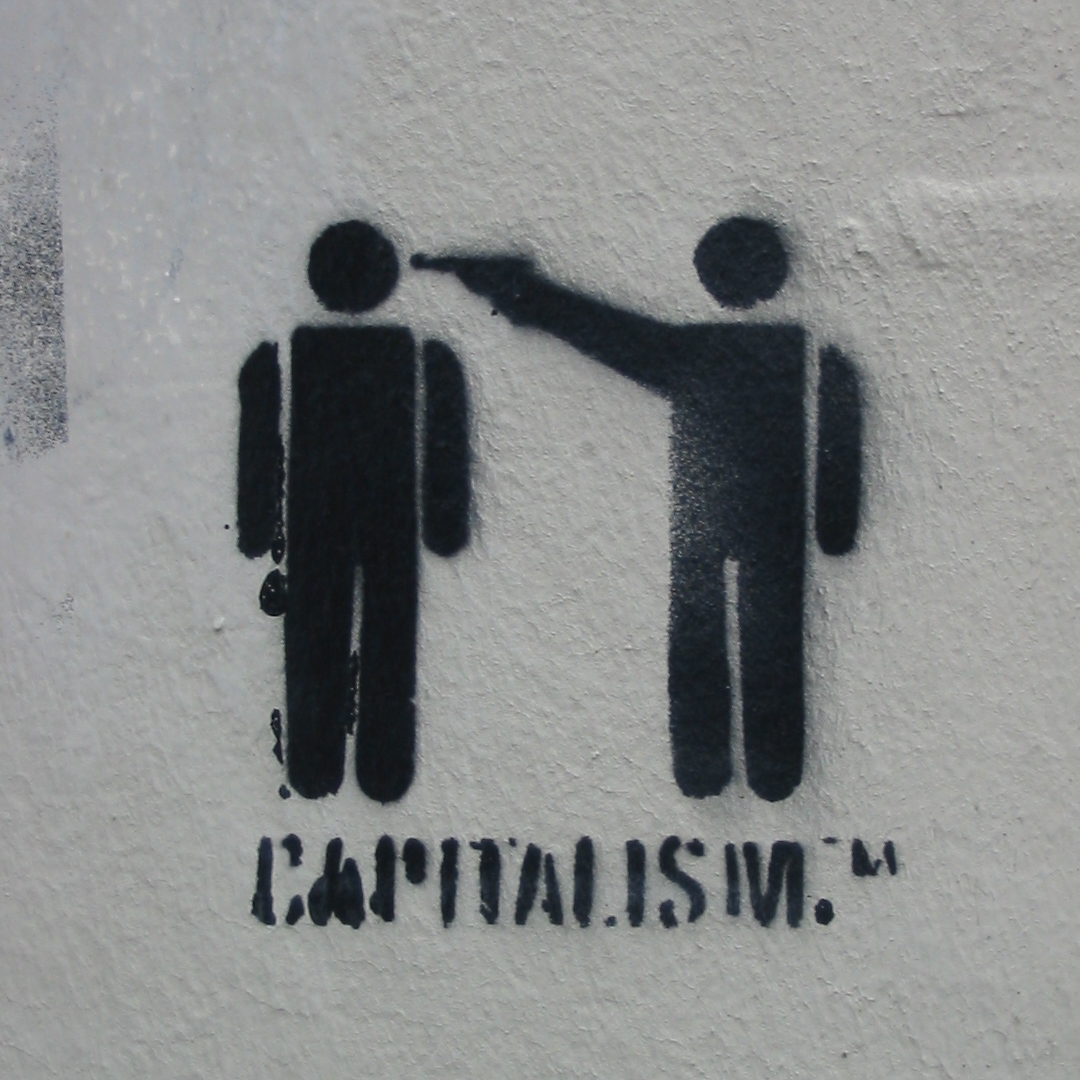

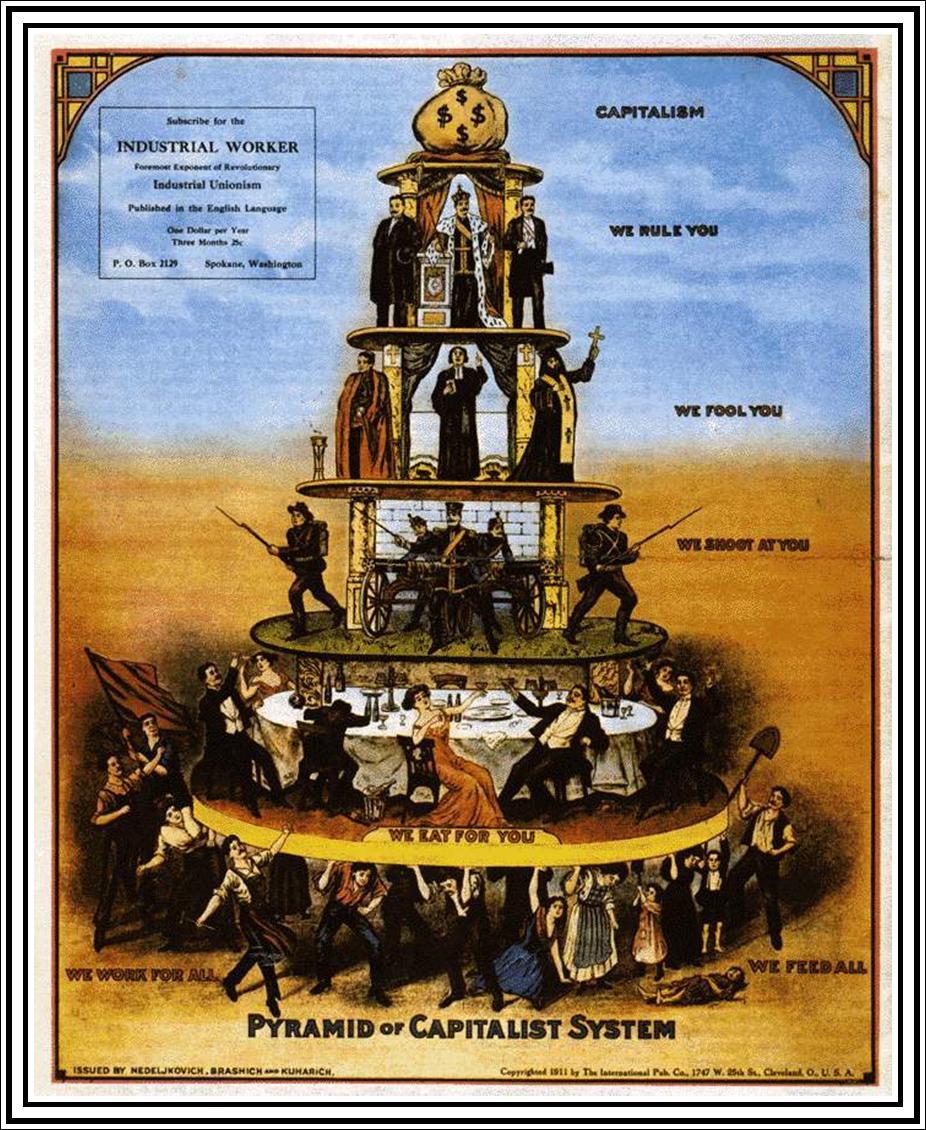
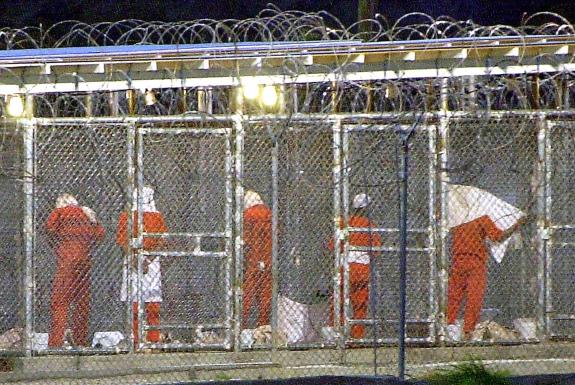



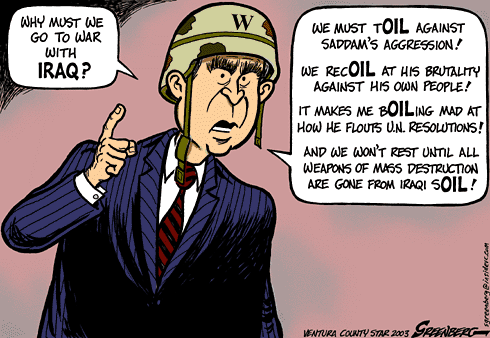
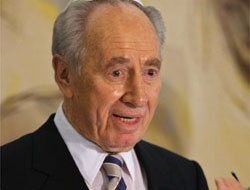




















 Earth's magnetic field:
Earth's magnetic field:

